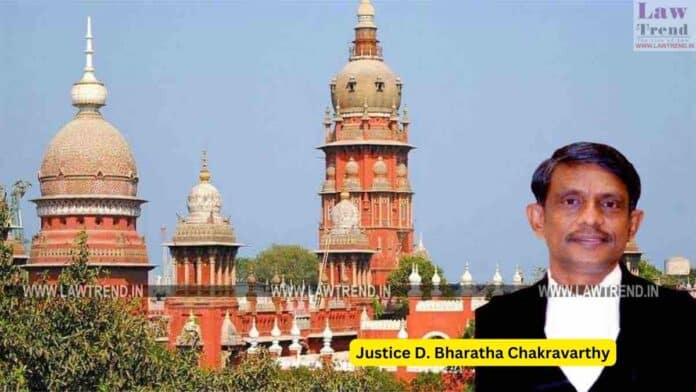In a searing judgment highlighting the grim realities of manual scavenging and the indifference of society, the Madras High Court has ordered ₹10,00,000 in compensation for the family of Sridhar, a young manual scavenger who tragically lost his life 24 years ago while working without safety equipment. Justice D. Bharatha Chakravarthy condemned the incident as
To Read More Please Subscribe to VIP Membership for Unlimited Access to All the Articles, Download Available Copies of Judgments/Order, Acess to Central/State Bare Acts, Advertisement Free Content, Access to More than 4000 Legal Drafts( Readymade Editable Formats of Suits, Petitions, Writs, Legal Notices, Divorce Petitions, 138 Notices, Bail Applications etc.) in Hindi and English.




